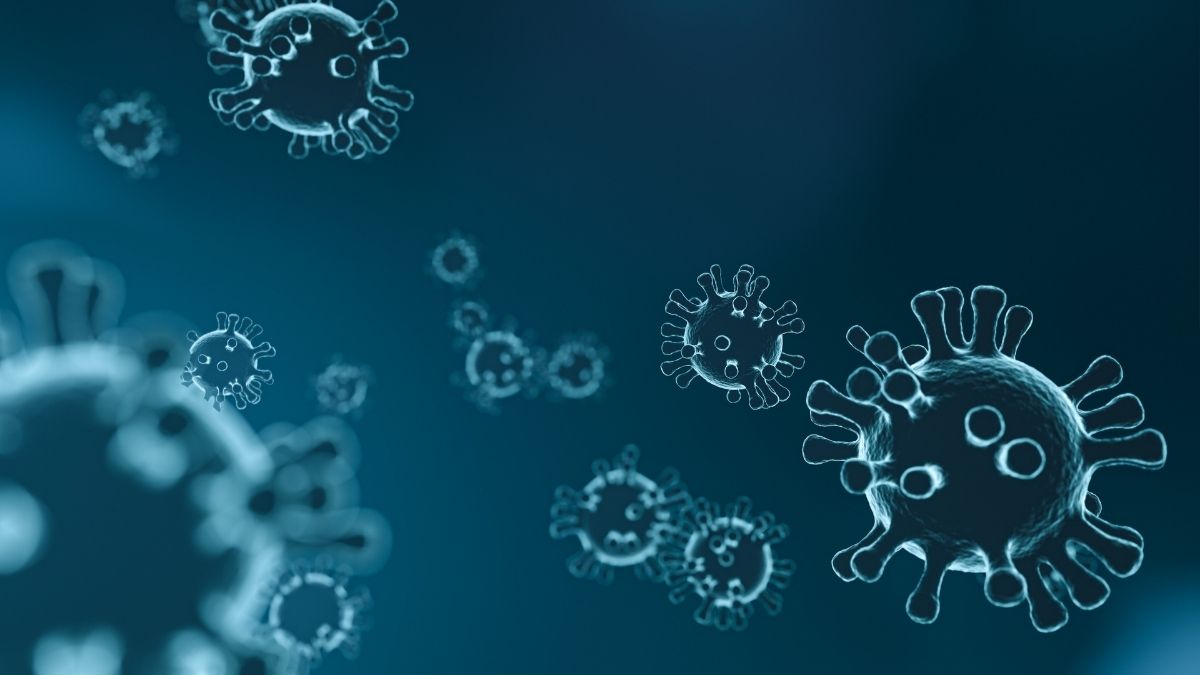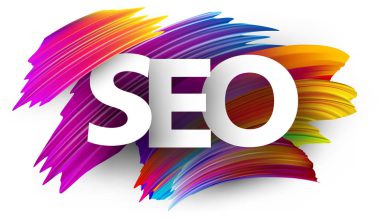
The world is shrinking into a technological crystal ball. Everything is connected by the internet’s web, whether it’s our homes, schools, workplace, or a restaurant where we like to eat every weekend.
Every other day, we see new smart tools and intelligent automation technologies – all thanks to Artificial Intelligence (AI) and the Internet of Things (IoT). However, just as AI helps us in the comfort of our own homes, it also helps healthcare workers do their jobs.
Smart devices were installed in hospitals and ambulances, and caregivers used intelligent technologies.
Technology Need Peaked With COVID
Then the pandemic struck, and it struck hard. The demand for such technologies peaked during the coronavirus outbreak. Frontliners must assist patients without jeopardizing their social standing or health.
As a result, AI is the first thing that comes to mind as a top choice. However, while AI is used to narrow down better vaccine options, IoT, specifically the Internet of Medical Things (IoMT), provides better solutions to treat and aid patients.
To gain a better understanding of this, we are looking at the impact of COVID-19, how AI and IoT can help the healthcare industry, and what role these technologies can play in a future pandemic.
Impact of Coronavirus on us and technology
The coronavirus came as a complete stop in a never-ending world. Despite the fact that it took millions of precious lives around the world, it also paved the way for new healthcare technologies to emerge.
COVID established a new social distancing norm, and with it came gadgets that aided authorities in monitoring it. The Corona Virus also sparked a debate about anti-maskers.
Every other store has an argument between an anti-masker customer and store staff about the freedom to not wear a mask. This activates AI and computer vision, resulting in devices that can easily stop such customers. Because the pandemic limited our direct access to the rest of the world, AI increased our digital access.
COVIDs Broad Reach
This novel virus had a long-term impact in every corner, and impactful technology emerged as well. Although in a roundabout way, these technologies aided the healthcare industry in its fight against the coronavirus. These technologies, however, are not limited to indirect assistance.
The pandemic has made us more open to the possibility of other such events occurring in the near or distant future. Furthermore, it set us on a path to use technology in the healthcare industry much more than we had previously. AI is used in hospitals and healthcare settings for everything from disease testing to medication administration.
Simply put, technology has an impact on COVID-19, but it also has an impact on COVID-19.
AI helps fight Coronavirus
AI and IoT have proven to be intelligent options for combating the pandemic since the early stages of COVID-19.
AI aids frontline fighters in the fight against coronavirus by introducing new devices and repurposing existing inventions. Furthermore, many researchers developed new COVID-fighting solutions.
Hundreds of AI-powered solutions and connected devices are used in the healthcare industry to diagnose, treat, and monitor patients, provide transportation assistance, enable social distancing, and even for financial purposes.
Among the dozens of AI applications, here are six that describe how these technologies are assisting healthcare workers in combating COVID-19:
Social Distancing Solutions
Even after the massive death toll caused by the coronavirus, some people continue to disregard social distancing guidelines. Although it may not appear to be a direct issue for healthcare workers, an increase in new COVID cases is a result of disobeying social distancing laws. As a result, dealing with this issue is an important weapon in the fight against COVID-19.
Through AI and image processing techniques, some IoTs are designed to aid in social distancing. Frontliners are also outfitted with AI-powered devices that assist patients from a safe distance, allowing them to protect themselves.
Automated Initial Testing
IoT benefits healthcare workers by automating initial COVID testing. Researchers have been working hard since the beginning of the pandemic to develop solutions that can expedite test results. Predictive pathology and lung scan testing are just two examples of automated testing solutions.
These AI solutions aid in the rapid testing of COVID and eliminate the risk of healthcare workers contracting the disease. This enables healthcare industries around the world to have fewer cases and faster results while not jeopardizing the lives of our lifesavers.
Read Subscriptions on Instagram allow creators to earn recurring income on a monthly basis.
Quick Diagnosis & Safer Treatment
Because of the pandemic, as previously stated, there is a high demand for rapid diagnosis. A quicker diagnosis means a quicker treatment, which leads to a faster recovery. Similarly, having more effective COVID-19 treatment options boosts productivity.
Some of the many IoT and AI-based aids that can help the healthcare industry fight COVID include solutions to remotely administer dosages, monitor patients, and provide predictive analysis. Because of the reduced risk of infection, these solutions benefit both patients and the frontline.
Automation in Medicine Supply Chain
Another challenge that the healthcare industry faces is manually managing its supplies. The increased use of medical equipment caused a shortage as a result of COVID-19. Not only was there a global shortage of medical equipment, but there was also no monitoring of its supply.
Black-market looters also posed a problem. As the demand for automation in supply and supply chain management increased, IoT and AI proved to be a top solution once more. Solutions such as Optimizing costs for the healthcare supply chain with predictive analytics gave the healthcare industry control over existing and needed equipment and assisted in automating the ordering process.
AI for Vaccine Solutions
AI isn’t just for robotics. It is used in almost every field for prediction. AI provides pioneer solutions in predictive analysis, from estimating human behavior to predicting the weather. AI can be used to predict solutions for the coronavirus vaccine in the same way that we use it to predict a person’s behavior from social media.
AI-based predictive analysis can aid in the development and refinement of vaccines for not only COVID-19 but any future pandemic. Although this will take many years of research, a successful solution will pave the way for the treatment of a large number of illnesses.
Governing and Predicting Virus Status
Another way AI-based predictions are assisting the healthcare industry is in the regulation and prediction of COVID-19 status. Estimating the evolution of the virus, for example, aids in the creation of appropriate dosages in advance. Similarly, governments around the world impose safeguards based on the predictions made by these AI models.
International organizations such as the World Health Organization (WHO) maintain comprehensive dashboards of AI-generated data for public consumption. This helps to reduce new COVID cases while also saving resources.
Conclusion
COVID-19 had a significant impact on our lives, but it also set us on a path to be prepared and proactive in the event of future afflictions. As a result, we design our tools and technologies to be compatible and adaptable in order to deal with such issues. And, just as COVID has an impact on technology, impactful technologies such as AI and IoT are assisting us in combating this pandemic.
The healthcare industry is not the only one facing the challenges imposed by COVID-19. The pandemic had an impact on everything, from businesses to education. And, in the same way, that AI and IoT are assisting the healthcare industry, they are also beneficial in every other field.
AI-based solutions are the foundation of and a component of nearly every future technology. Algoscale assists industries in incorporating AI solutions into their business models. Algoscale has provided startups and enterprises with AI solutions ranging from automation to prediction.
We hope you found this article to be informative. Algoscale strives to bring knowledge on a wide variety of topics to your digital doorstep. So keep reading and learning new things to keep yourself informed. Happy Studying!
Need help with our free SEO tools? Try our free Plagiarism Checker, Paraphrasing Tool, Article Rewriter.
Learn more from SEO and read 22 Insightful Google SEO Tips for 2022.





3 Comments